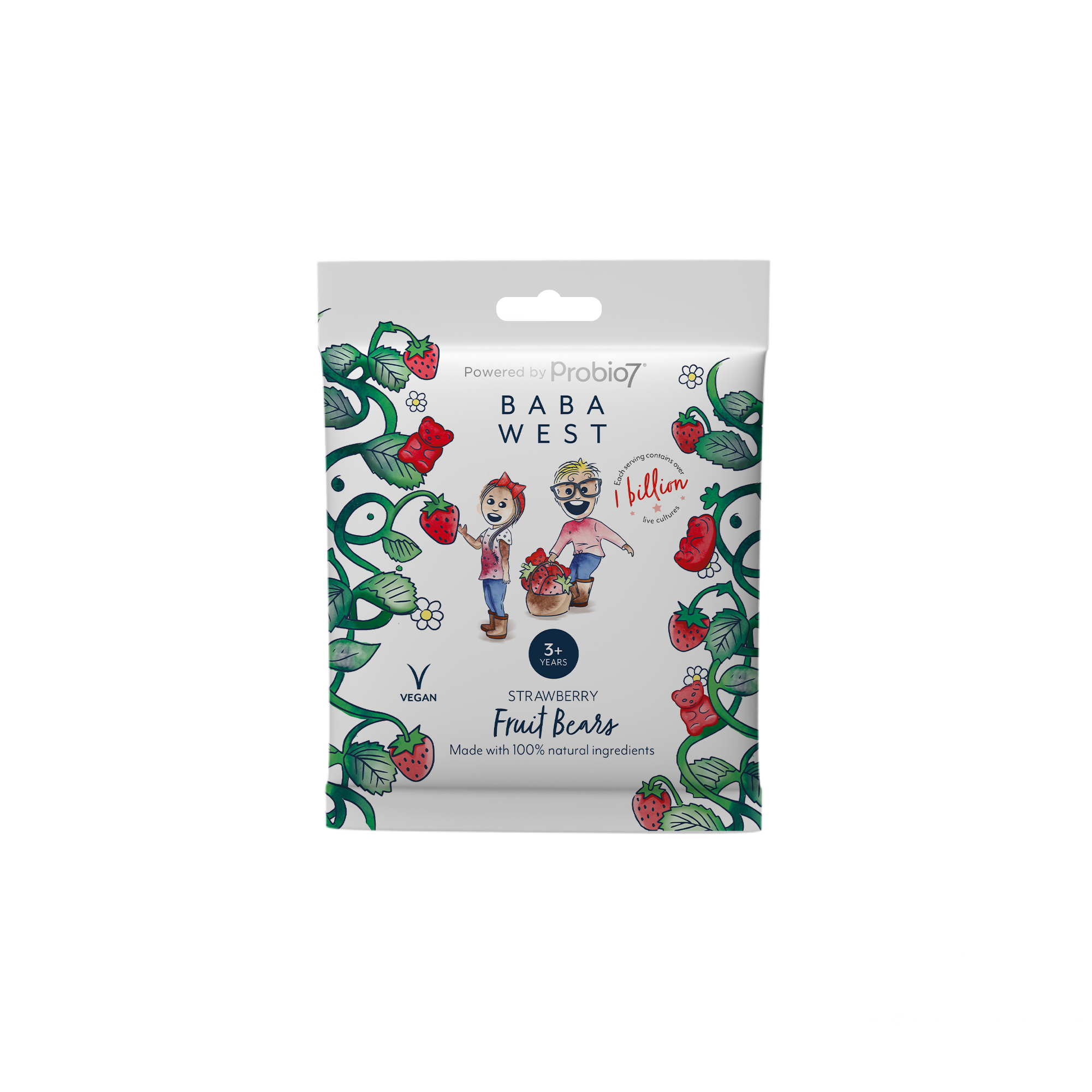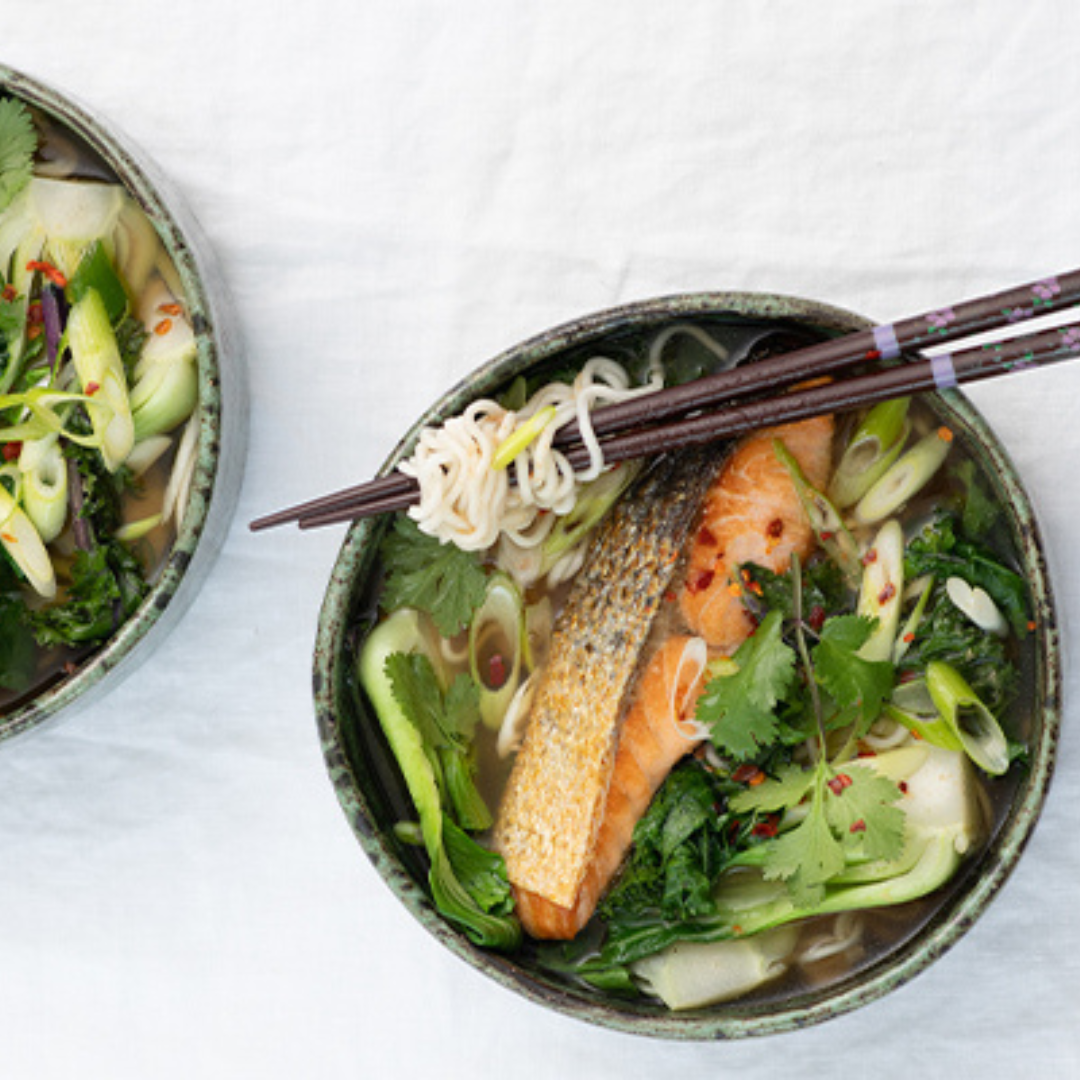Nutrition for breastfeeding

It's is important to plan and have plenty of good quality ingredients stored in the fridge and kitchen cupboards to tide you over the first few days at home after a new baby, as you will need a nutrition-packed, balanced diet to help the body heal. As your milk ‘comes in’ you’ll need something warming, comforting and not too demanding to eat or to digest. Maintaining a healthy diet now that you are feeding your baby with breastmilk is just as important as when she or he was in the womb, but looking after a baby is hard work too, so you need to keep yourself well nourished and your energy levels topped up.
What you eat will determine the nutritional content of your baby’s milk, so continuing to follow a healthy diet is essential. It is vital that you drink plenty of fluids – at least 1.5 litres per day, plus one or two cups of herbal tea and glasses of diluted fruit juices. Your diet should be based on:
- Wholegrains
- Protein
- Fruit and vegetables
- Essential fats
- Calcium
Key nutrients:
- Vitamin A to aid the development of your baby’s hearing, vision, sense of taste and to boost her or his immune system
- B vitamins to help prevent fluctuations in blood sugar levels and improve your milk flow
- Vitamin C for absorption of iron, making blood vessels, connective tissues, collagen and improving the immune system
- Vitamin D to boost absorption of calcium and building and maintaining healthy bones
- Vitamin E for brain and nerve development
- Vitamin K which is needed by your baby for blood clotting
- Calcium to replenish the calcium that your baby takes from your breast milk
- Iron for you and your baby to manufacture haemoglobin
- Zinc needed for the healing of tissue, production of hormones and to help prevent postnatal depression
- Omega 3/DHA – an essential fatty acid crucial to the development of your baby’s brain



